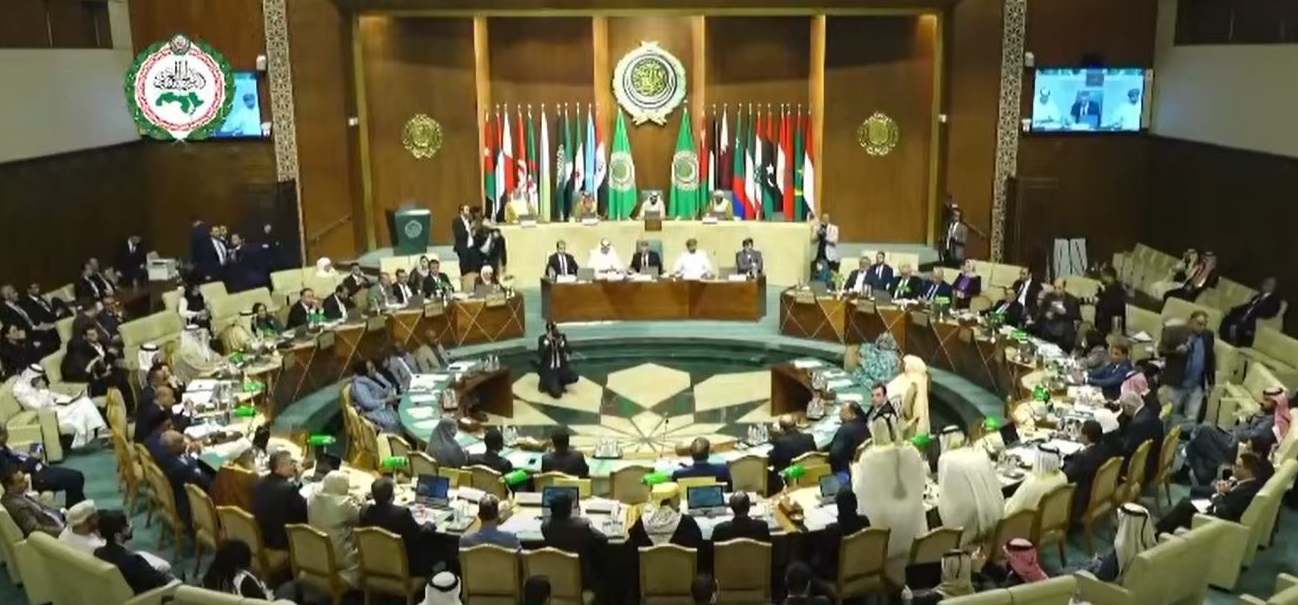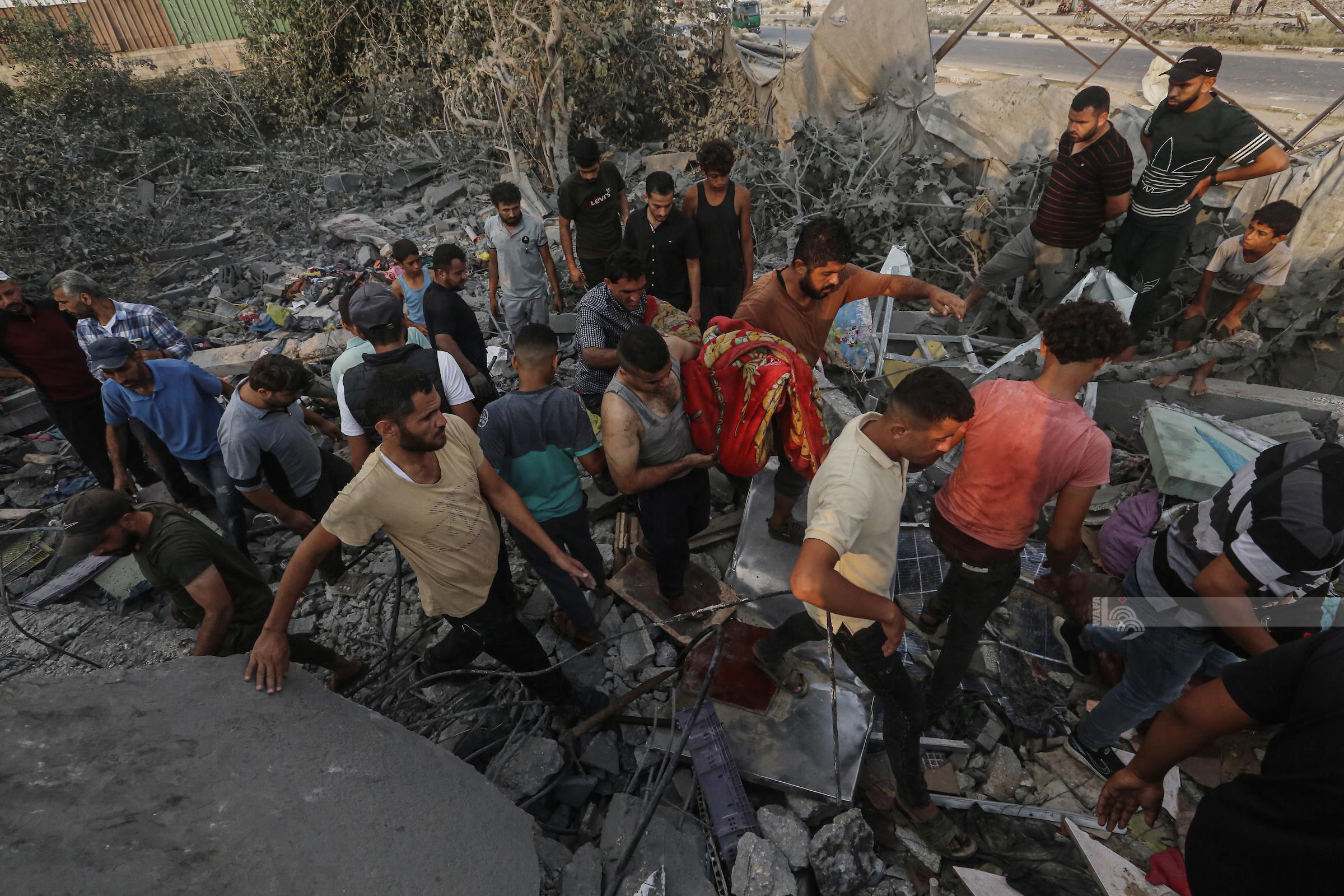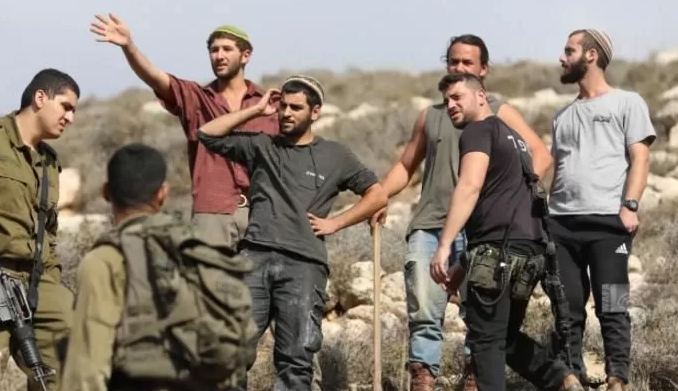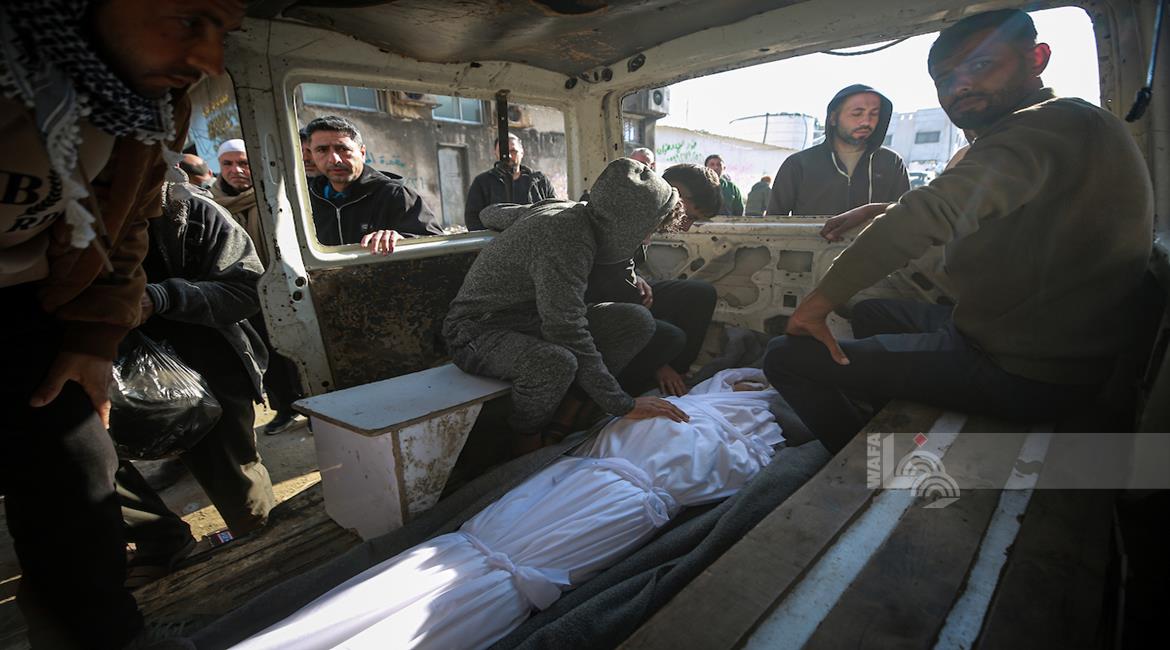New York, Thursday, May 23, 2024 (WAFA) - More than 2,100 Columbia University alumni have pledged to withhold financial contributions to the university, at an estimated total of $127 million so far, as the latest in a series of actions calling on the university administration to disclose investments that capitalize on Israel’s occupation of Palestine and military assault on Gaza, divest from those holdings, and give student protesters amnesty from all disciplinary action.
In an online press conference today, alumni who have signed the pledge were joined by faculty members offering updates on the faculty vote of “no confidence” on Columbia University President Minouche Shafik. The alumni, a current student and the faculty also spoke about ongoing efforts to press the university trustees to commit to disclosure, divestment and amnesty.
“For months, alumni like myself have been coming together to support the call for our alma mater to do the right thing to support Palestinian life and liberation, telling the administration we want them to disclose and divest, and supporting the brave student protesters,” said Maliha Tariq, a 2013 graduate of Barnard College and 2019 graduate of the Graduate Schools of Arts and Sciences. “Now, we’re speaking to Columbia in the language it seems to understand best – contributions. The $127 million we have pledged to withhold is serious money, and threatens to wither the university’s much-needed alumni contribution pipeline for years to come.”
The petition delivered to Columbia administrators today represents over 2,100 graduates from 1962 to present. The alumni have pledged to boycott the university and withhold all academic, programmatic, and financial contributions until the university reinstates student protesters and addresses their demands related to divestment from entities that profit from the occupation of Palestine or assault on the people of Gaza.
“As a Jewish woman who grew up partly in Israel, I felt called to support this campaign against genocide and occupation,” said Carrie Hill Wilner, a 2003 Columbia College graduate and 2010 Columbia Law School graduate. “I visited the encampment, and what I saw there were Jewish students and students from all backgrounds educating themselves and each other on the situation and calling for an end to bombing, occupation and apartheid. When I was a student, there were several protests that were no different from the protests of recent weeks, except for Columbia’s decision to respond with violent repression.”
Faculty have also spoken out against the university’s actions. On May 18, the University’s chapter of the American Association of University Professors passed a vote of “no confidence” in the leadership of Minouche Shafik and called for her to step down. Professor Jeffery Sachs, a world-renowned economist and Director of the Center for Sustainable Development and University Professor explained that in responding to student protesters, the Columbia administration “made terrible mistakes and caused unnecessary and unfortunate harm,” which prompted faculty to overwhelmingly support a no-confidence vote against President Shafik.
After more than 100 arrests on campus over the last few weeks of April, Columbia has proceeded with suspensions, and disciplinary hearings that could end in expulsion for scores of students who are often not allowed to bring any support to these hearings.
“Before the horrific crackdown, what I saw at the encampment was far from what was being reported. I saw a beautiful, interfaith and peaceful group, standing together in solidarity, in defense of the sanctity of human life,” said Álvaro Guzmán Bastida, a 2013 graduate of the Columbia Journalism School and current Film student at Columbia School of the Arts. “The dangerous and disproportionate steps the administration took by effectively inviting the NYPD to occupy our campus for weeks, have continued to disrupt campus and academic life, and are thoroughly inconsistent with the values the university ostensibly espouses.”
Professor Sachs declared, “It's not a secret that the students are on the right side of this issue. The same side as the International Court of Justice. The same side as the International Criminal Court. The same side as the UN Security Council, except for a U.S. veto. The same side as the UN General Assembly, except for a small minority of countries. And so when the students are doing what they're doing, they are reflecting global values.”
“I am incredibly proud of my fellow students for inspiring a global anti-genocide movement. Columbia should be too,” said Batisda in his closing remarks.
The alumni also spoke about plans for upcoming actions including an “alternative alumni weekend” to boycott and coincide with official university alumni activities planned for May 31st-June 1.
Alumni were also invited to share their thoughts and feedback along with their signatures. Hannah Selinger, James Beard Award-nominated journalist, and author, wrote “As a Jewish Columbia College alumna (CC'02), the daughter of a Barnard graduate (BC'75), and a Columbia graduate (CC'75), I have always felt like the University was a distinct part of me. It has been my privilege, these past years, to help define my late father's legacy as the Vice-President of the Alumni Association in my capacity as a representative of the Class of 1975 Neil Selinger Memorial Scholarship Fund.” Selinger went on to say, “but I no longer want my name or my family's name affiliated with a school that places the ideals of warmongering, genocide, and the muzzling of free speech over peace, humanity, and thoughtful protest. My father loved Columbia, but what he loved about it included the intellectual rigor that the current administration has laid to waste. I loved Columbia, but what I loved about it was that it was where I was free to become a curious journalist; I cannot stand by and support a school that attacks those same journalists for trying to report the truth.”
Other alumni have also expressed sentiments of disappointment, shame and criticism of the university’s hypocritical actions. “My Columbia degree was once my crowning achievement, but now I am ashamed of it because it continues to fund one of the biggest atrocities of our time” said Taha Saeed, GSAS ‘23.
T.R.












